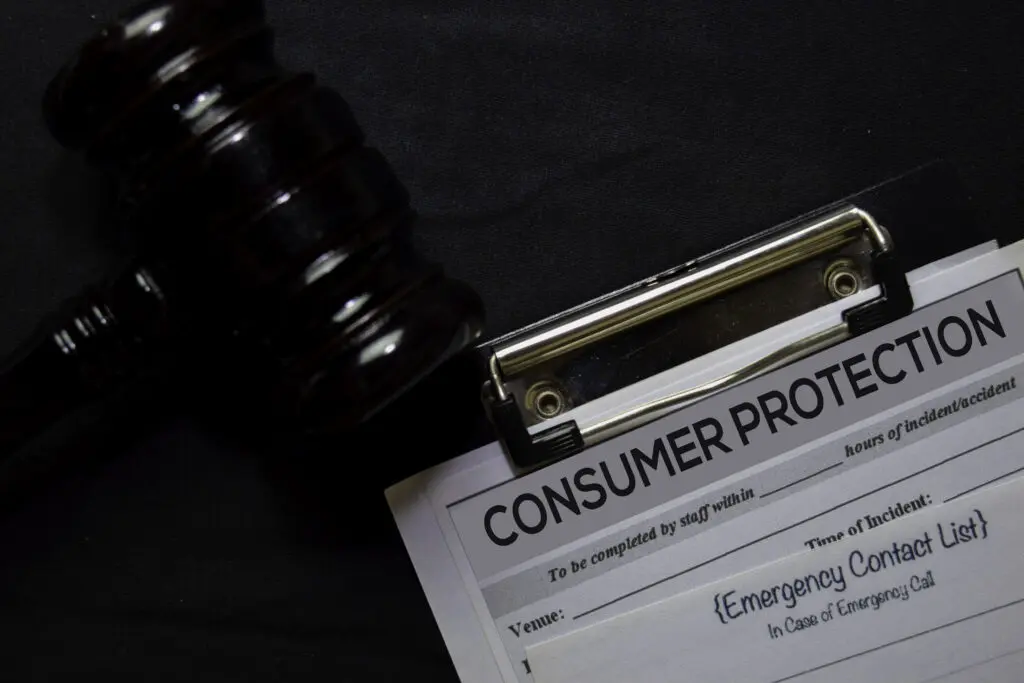2025 Consumer Rights Update: Know Your Protections Against Debt Collectors
Dealing with debt collectors can be challenging, but recent changes in consumer protection laws have strengthened your rights. This guide outlines the key updates in 2025 and how they impact your interactions with debt collectors, ensuring you have the information needed to navigate these situations confidently.

Understanding the 2025 Consumer Protection Landscape
In 2025, several significant changes have been implemented to enhance consumer protection in the context of debt collection:
- Removal of Medical Debt from Credit Reports: A new rule prohibits credit reporting agencies from including medical debt on credit reports, aiming to prevent medical expenses from unfairly affecting credit scores.
- Enhanced Communication Regulations: Regulation F introduces guidelines on how debt collectors can communicate with consumers, including limitations on call frequency and requirements for respecting communication preferences.
- State-Level Protections: States like California have expanded their debt collection laws to cover a broader range of debts and provide additional consumer rights.
Your Rights When Dealing with Debt Collectors
Understanding your rights is crucial when interacting with debt collectors. Key protections include:
- Right to Validation: You can request a written validation of the debt, which the collector must provide, detailing the amount owed and the creditor’s name.
- Protection from Harassment: Debt collectors are prohibited from using abusive, unfair, or deceptive practices. This includes restrictions on call times and communication methods.
- Right to Dispute: If you believe the debt is incorrect or not yours, you have the right to dispute it, and the collector must cease collection efforts until the dispute is resolved.
Steps to Take When Contacted by a Debt Collector
If a debt collector contacts you, consider the following steps:
- Stay Calm: Do not acknowledge the debt immediately. Request detailed information about the debt.
- Request Validation: Within 30 days, request a debt validation letter to confirm the legitimacy of the debt.
- Review Your Credit Report: Check your credit report for any discrepancies or unfamiliar accounts.
- Dispute Inaccuracies: If the debt is incorrect, dispute it in writing with both the collector and the credit bureaus.
- Keep Records: Document all communications with the debt collector, including dates, times, and content.
When to Seek Professional Help
If you’re overwhelmed or uncertain about handling debt collection, consider seeking assistance from:
- Consumer Protection Attorneys: Legal professionals can provide guidance tailored to your situation and represent you if necessary.
- Credit Counseling Services: Reputable organizations can help you manage your debts and negotiate with creditors.
Protecting Yourself from Harassment
Should you experience harassment or feel your rights are being violated:
- File a Complaint: Report the collector to the appropriate regulatory bodies.
- Send a Cease and Desist Letter: Legally request that the collector stop contacting you.
- Consult Legal Counsel: An attorney can advise you on potential legal remedies and represent you if necessary.
Conclusion
Being contacted by a debt collector can be daunting, but understanding your rights and the proper steps to take can alleviate much of the stress involved. Stay informed about the latest consumer protection laws, verify any debts, maintain thorough records, and seek professional assistance if needed. Empower yourself with knowledge and take control of your financial well-being.

